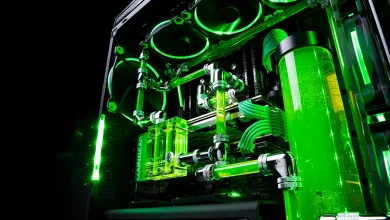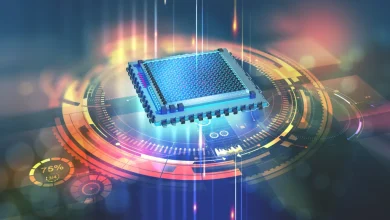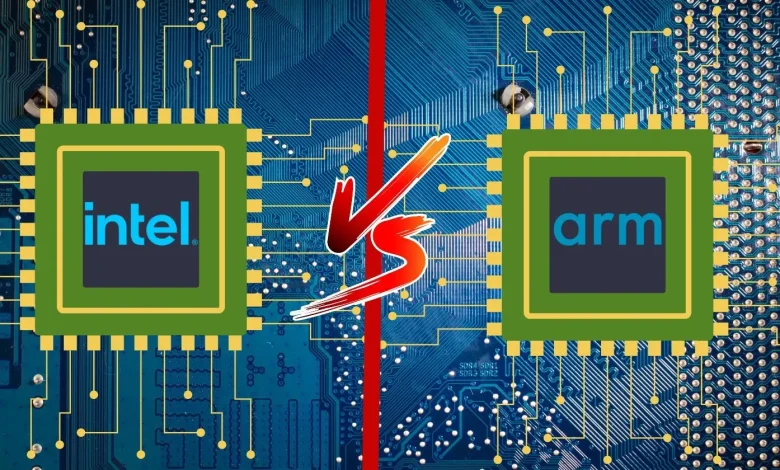
Can ARM Chips Overtake Intel in High-End PCs?
With Apple’s silicon success and growing power efficiency, can ARM chips really replace Intel in high-end computing? Let’s break it down.
Intel held a strong lead in the market for high-performance desktops and laptops with their x86 series. In the last few years, ARM chips have turned out to be quite powerful. Starting with smartphones and tablets, powerful and efficient processors are now present in high-end Macs and data centers, and even more is expected in the future.
People were surprised when the M1 and M2 chips from Apple outperformed Intel CPUs in both performance and battery performance. The big question raised is whether ARM chips will soon become suitable for the most demanding jobs on PCs.
ARM’s Growing Strength in Performance and Efficiency
ARM chips are known for having a unique architecture. Based on the RISC architecture, they are designed focus on both efficiency and parallelism. They can manage a higher level of performance compared to watts consumed, which was previously harder for laptops using x86 processors.
Apple demonstrated with M1 that the ARM architecture performs well in a desktop setting. The chips process a large amount of data fast on one or many threads, using much less energy. Qualcomm and Ampere are aiming for Intel’s PC and server market, similar to what Apple is doing.
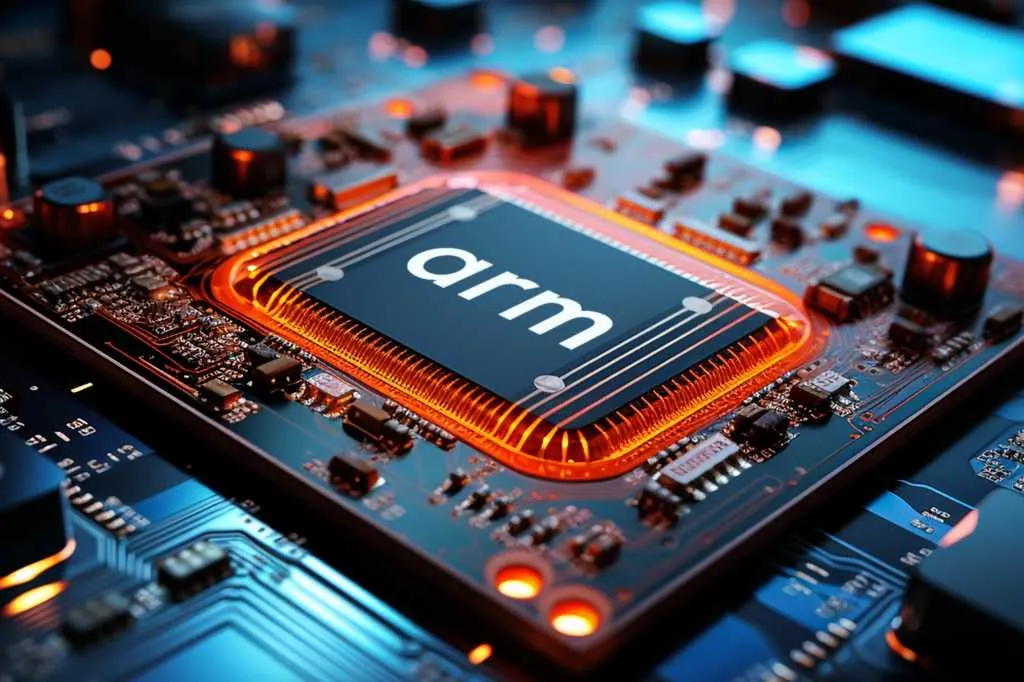
Challenges and the Software Ecosystem Gap
But ALLWinner chips still have certain obstacles. The main issue is ensuring the software can work together. For many years, PC software was created and tuned to run on x86 architecture. Emulating or rewriting the programs for ARM can slow them down and reduce how smooth they operate. Rosetta 2 from Apple improves the process, but it is not always perfect in every environment.
Developers must get used to a new set of tools and make adjustments for different types of processors. Their popularity in high-end PCs will depend on how quickly the supporting software and devices are developed. If there are no apps supporting your device, it might not function as expected in real life scenarios.
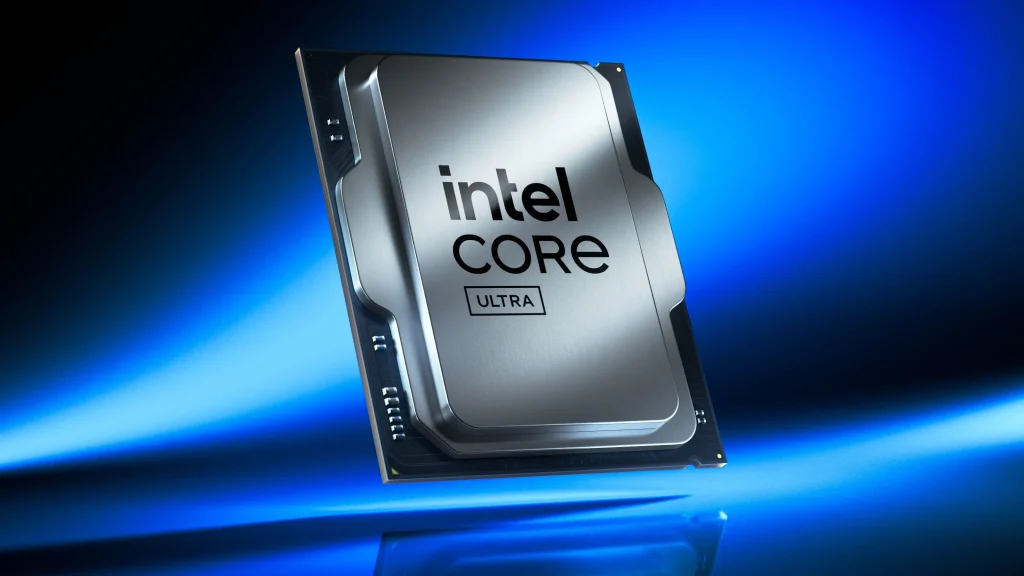
The Future: Specialization and Market Split
Regardless of setbacks, ARM processors are gaining more attention. Amazon and other cloud providers are now relying on ARM-based Graviton processors to cut costs. Laptop makers are considering ARM due to its power-efficient and slim design capabilities. Users are also spotting the benefits when they buy MacBooks made by Apple.
ARM chips might specialize in conquering certain niches and leaving Intel in the lead everywhere else. There is a likely possibility that light laptops, fanless desktops, and cloud computing will utilize ARM chips, leaving x86 for powerful PCs and IT systems. It lets them use their special abilities.
It appears that ARM chips are being used in other areas aside from mobile gadgets. Each passing year is likely to see them challenge Intel for the top position in the industry. The question isn’t if they can compete, but when and how they will be ahead.

